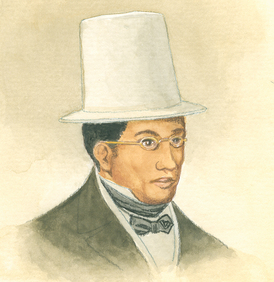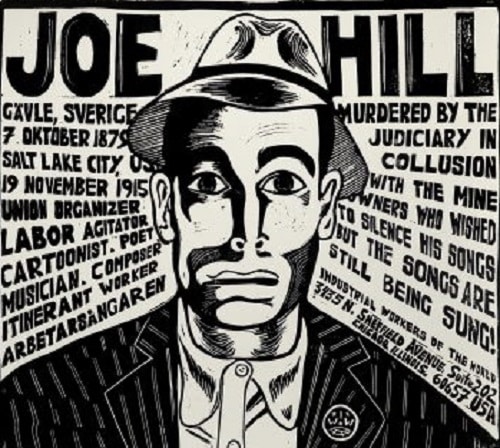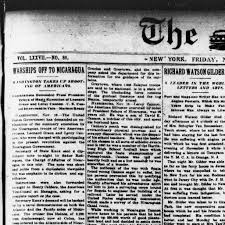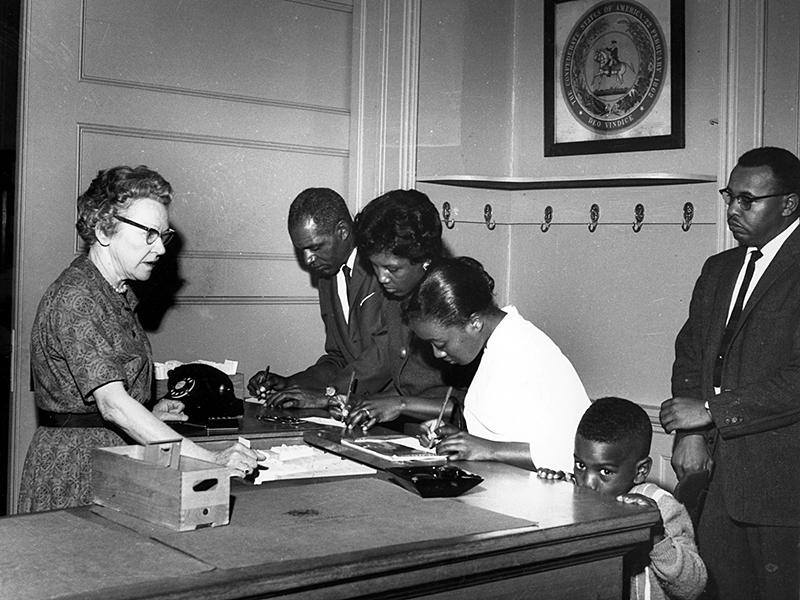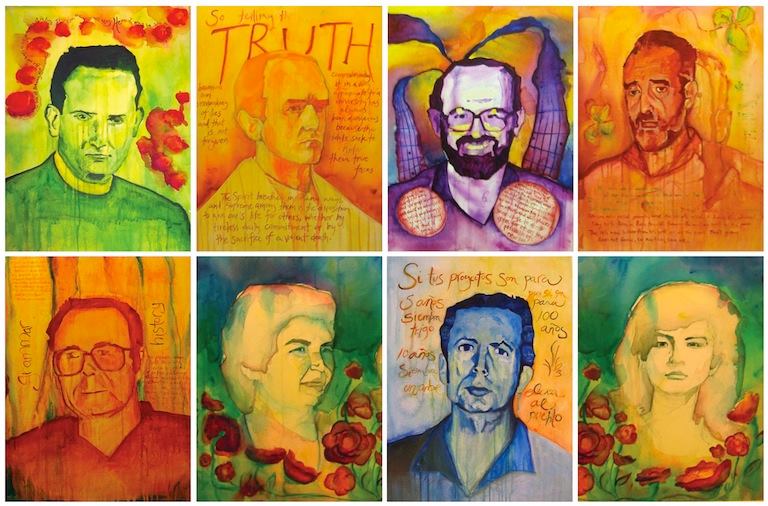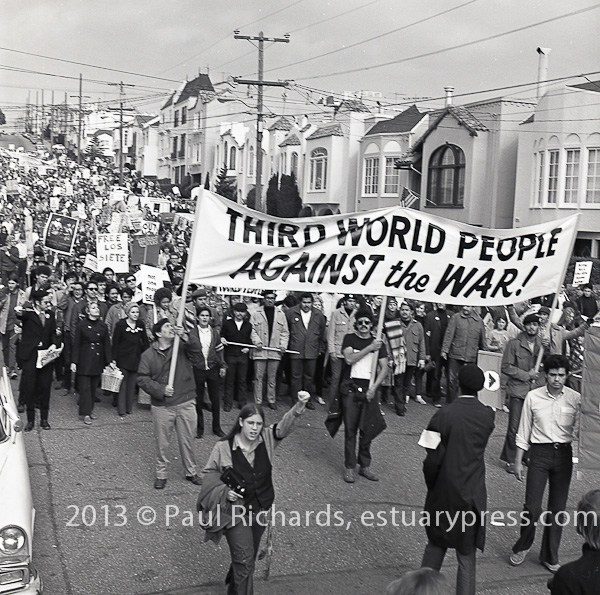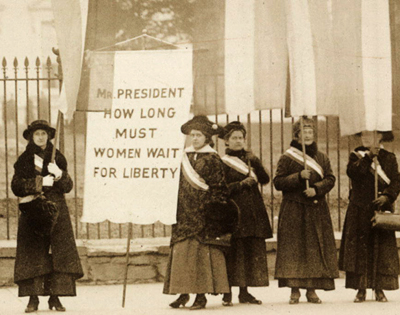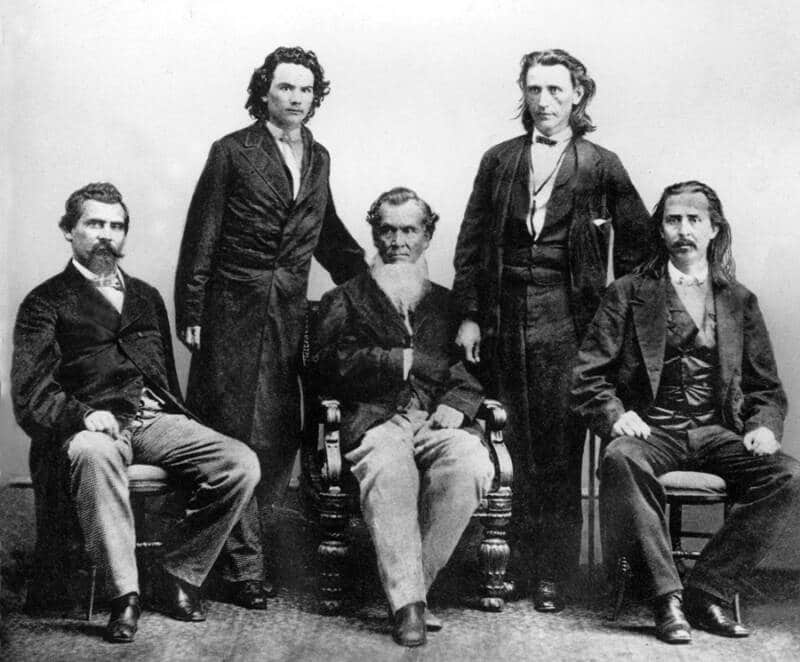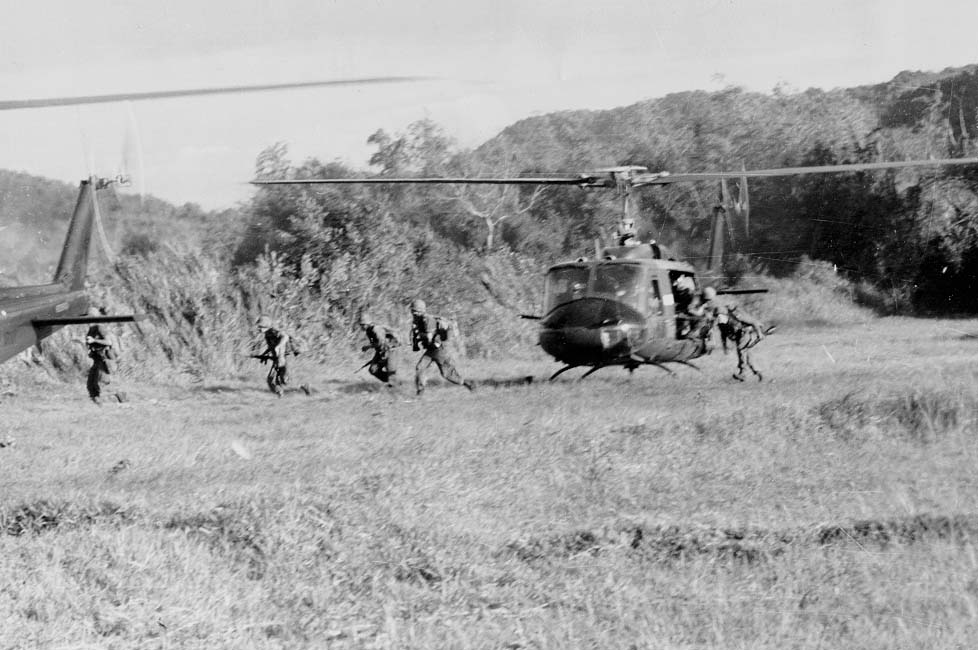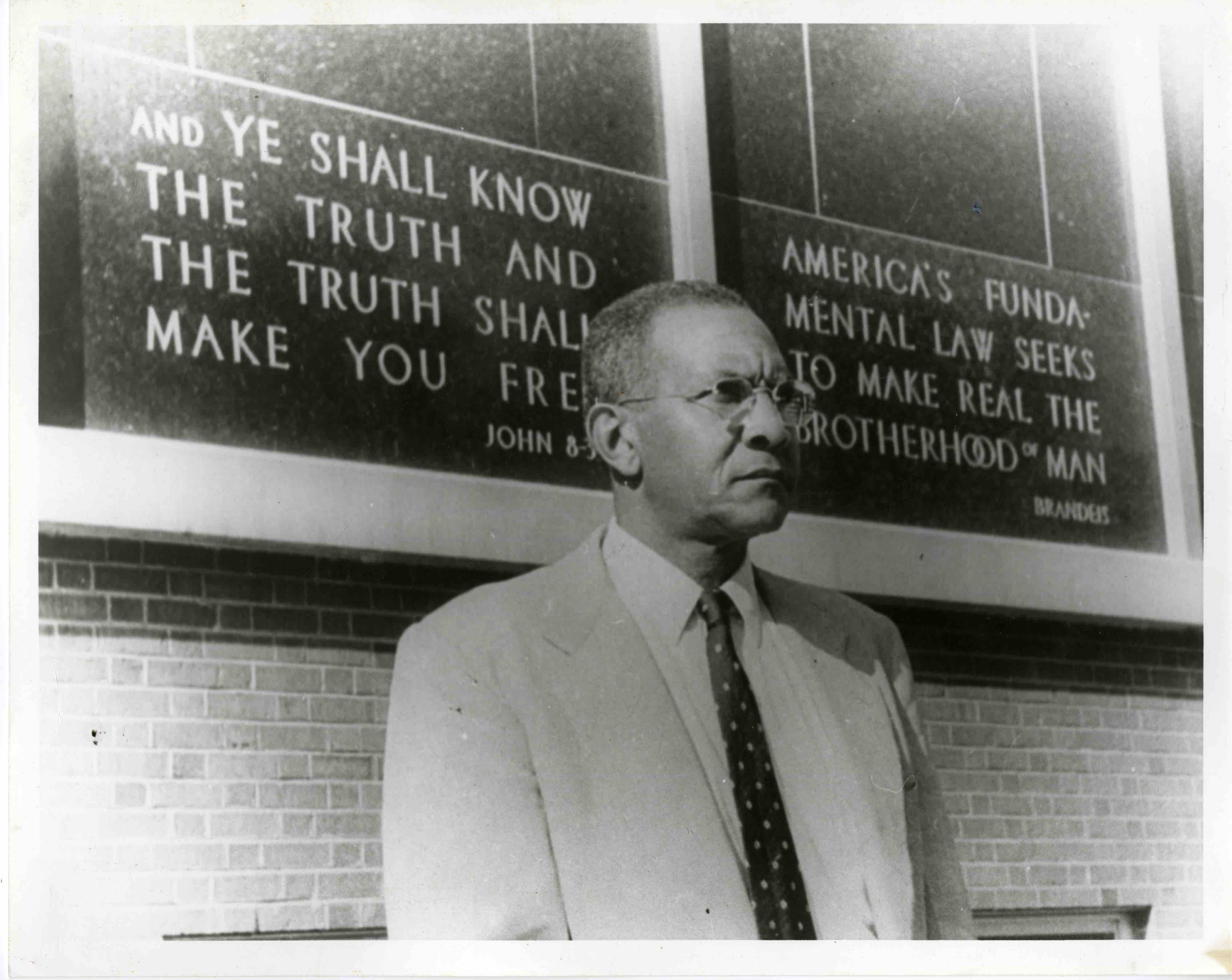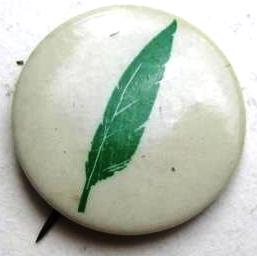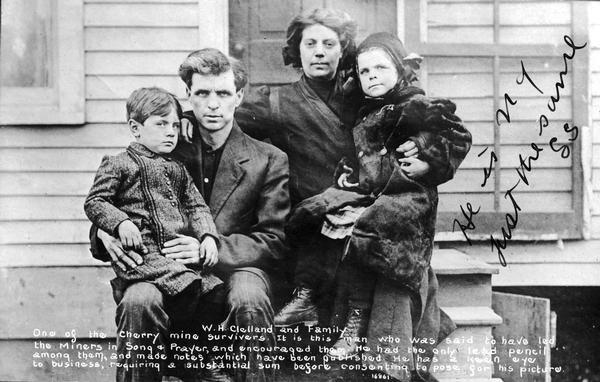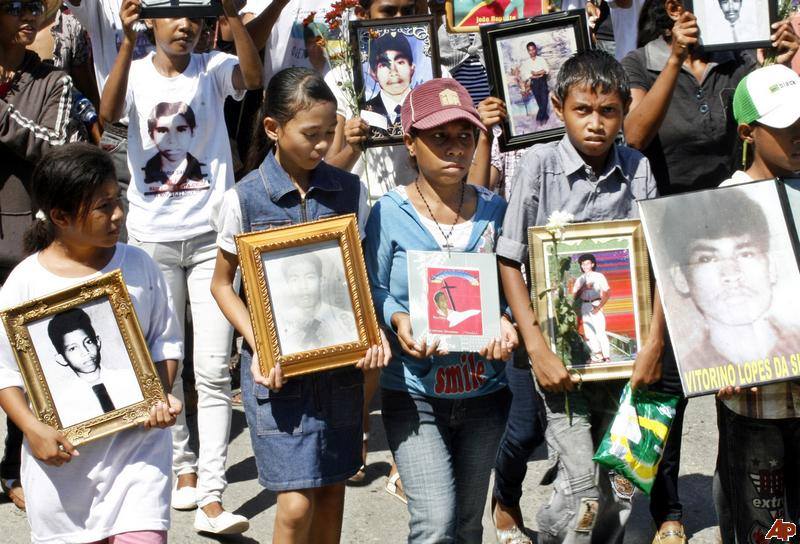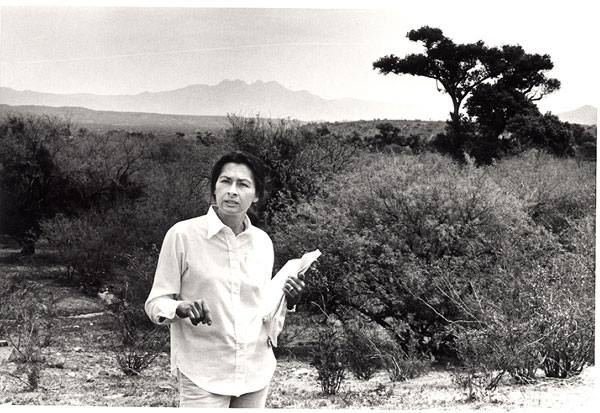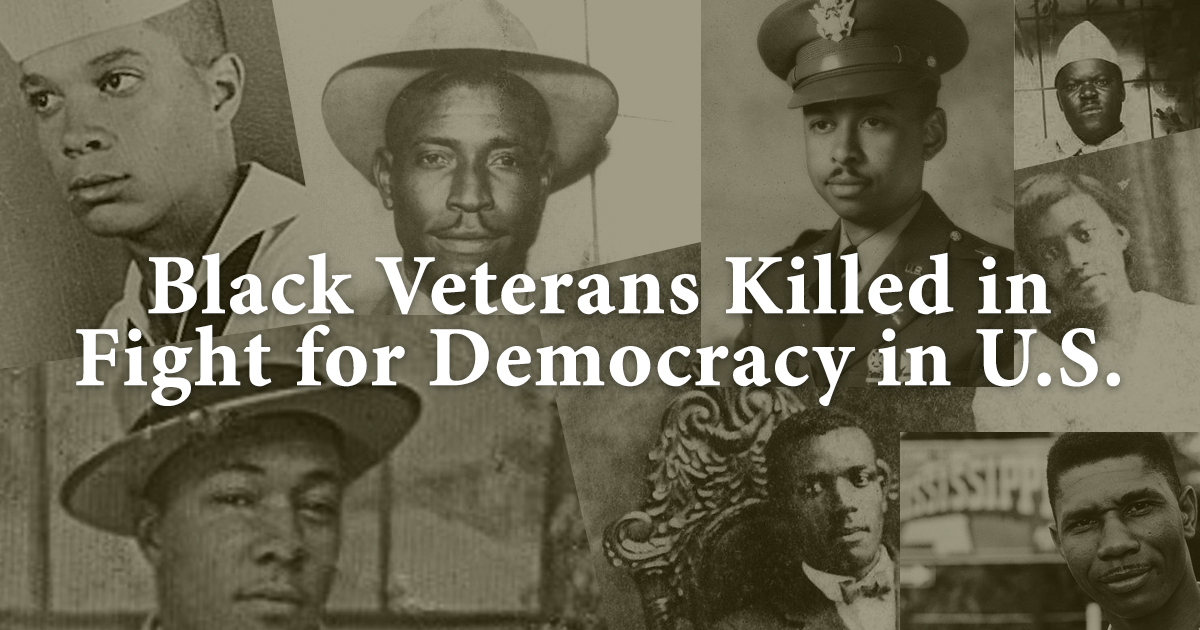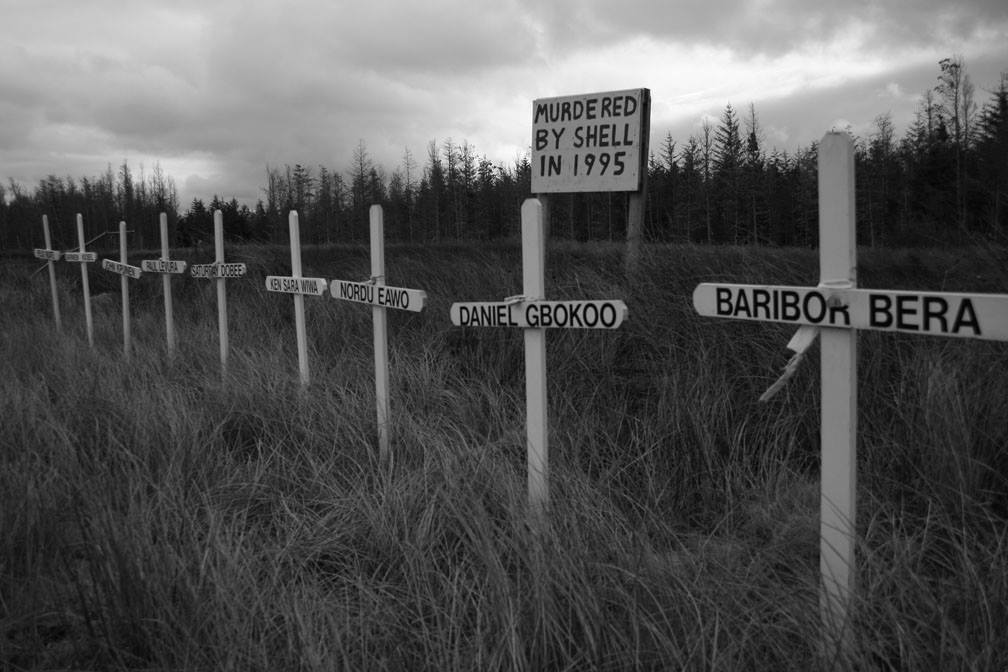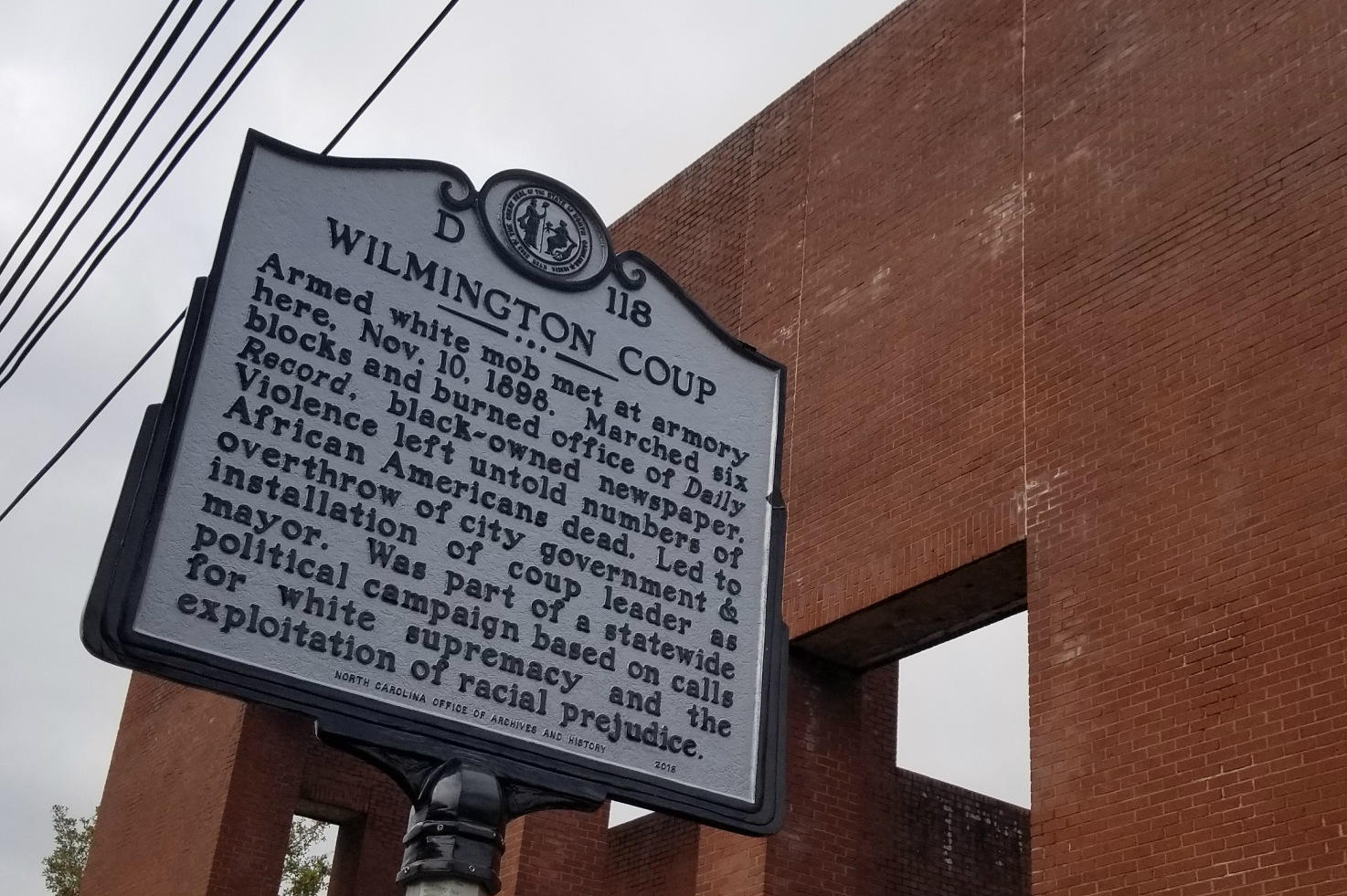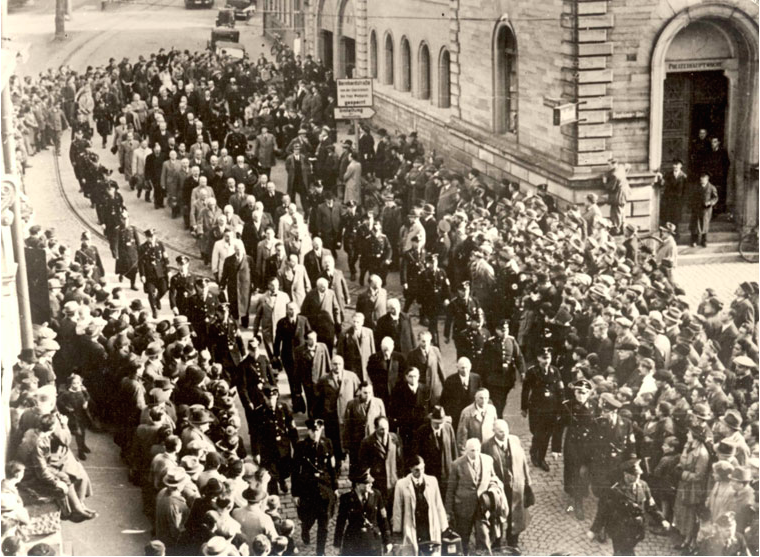Radical abolitionists organized to liberate kidnapped Black New Yorkers and fight racist police violence in the decades after New York abolished slavery.
Continue reading
The state of Utah executed Joe Hill, labor organizer, songwriter, and member of the Industrial Workers of the World (IWW).
Continue reading
President William Howard Taft ordered U.S. warships to Nicaragua to defend U.S. corporate profits.
Continue reading
The Albany Movement engaged multiple civil rights organizations and students in the fight for desegregation and voting rights.
Continue reading
Six Jesuit scholars/priests and two staff members were murdered by the U.S.-backed military in El Salvador.
Continue reading
The second anti-war Moratorium occurred with over 500,000 marching in Washington, D.C. and demonstrations throughout the country and the world.
Continue reading
Twenty women were subjected to beatings and torture at Occoquan Workhouse, a prison in Virginia, in what became known as the “Night of Terror.”
Continue reading
The Slave Revolt of 1842 — when dozens of enslaved Black people in Webbers Falls, Oklahoma fought back and briefly escaped from their Cherokee overseers — was the largest rebellion of enslaved people in Indian Territory history.
Continue reading
The Battle of Ia Drang began between regulars of the U.S. Army and regulars of the People’s Army of Vietnam.
Continue reading
SCOTUS ruled 9-0 that redrawing city boundaries in Tuskegee, Alabama to exclude African-American voters violates the 15th Amendment.
Continue reading
Pioneering journalist Nellie Bly began a successful attempt to travel around the world in less than 80 days.
Continue reading
A group of students were suspended at Southwest Texas State University for peacefully protesting the Vietnam War.
Continue reading
Mrs. White of the Indiana Textbook Commission called for a ban of Robin Hood in all school books for promoting communism.
Continue reading
A disaster in the Cherry Mine in Cherry, Illinois, killed 259 boys and men.
Continue reading
Using arms from the United States, Indonesian troops fired on a peaceful procession in East Timor, killing more than 270 people.
Continue reading
The Fort McDowell Yavapai Nation of Arizona stopped construction of the Orme Dam after ten years of organizing and protesting.
Continue reading
On Veterans Day, we share a collection of stories about African American veterans who fought in various wars abroad and, upon their return to the United States, were murdered in the fight for democracy and human rights at home. We also share resources for teaching about the veterans who speak out against war.
Continue reading
The Ogoni Nine were executed by the Nigerian military government for campaigning against the devastation of their homeland by oil companies.
Continue reading
The elected and interracial Reconstruction era local government was deposed in a coup d’etat in Wilmington, North Carolina.
Continue reading
Violent anti-Jewish demonstrations in Europe in which hundreds of synagogues were destroyed; 7,500 Jewish-owned businesses, homes, and schools were plundered; 91 Jews were murdered; and 30,000 Jewish men were arrested and sent to concentration camps.
Continue reading


